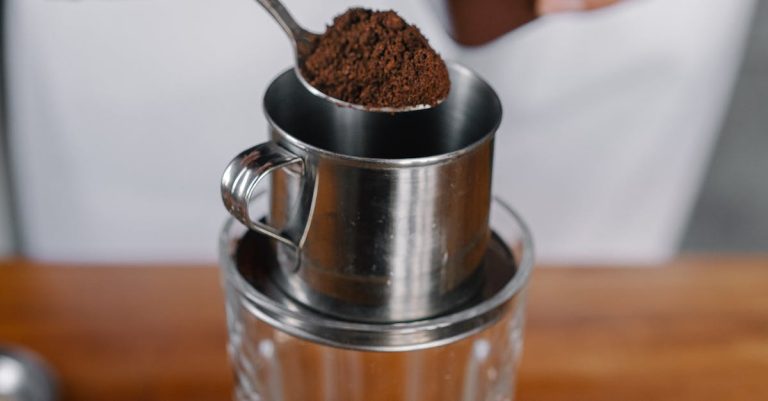Your immune system is your body’s first line of defense against illnesses and infections. While no single habit can make you immune to all diseases, adopting healthy practices can help boost your immune system with healthy habits and improve overall well-being. Here’s a comprehensive guide on how to strengthen your immune system through simple yet effective habits.
1. Maintain a Balanced Diet
Eating a variety of nutrient-rich foods is essential for a strong immune system. Incorporate fruits, vegetables, whole grains, lean proteins, and healthy fats into your meals. Foods high in vitamins C and D, zinc, and antioxidants—such as citrus fruits, leafy greens, nuts, and seeds—can enhance immune function. Australian staples like sweet potatoes, kale, and macadamia nuts are excellent additions to your diet.
| Food Group | Examples | Key Nutrients | Immune-Boosting Benefits |
|---|
| Fruits | Oranges, berries, kiwis | Vitamin C, antioxidants | Enhances white blood cell production and fights free radicals |
| Vegetables | Broccoli, spinach, sweet potatoes | Vitamins A, C, E, fibre | Supports cell repair and boosts the body’s natural defenses |
| Proteins | Chicken, fish, lentils, eggs | Zinc, iron, amino acids | Builds and repairs tissues, supports the production of immune cells |
| Healthy Fats | Nuts, seeds, olive oil, avocado | Omega-3 fatty acids, vitamin E | Reduces inflammation and promotes healthy immune response |
| Probiotic Foods | Yogurt, kefir, kimchi, sauerkraut | Probiotics, enzymes | Supports gut health, which is crucial for a strong immune system |
2. Stay Hydrated
Hydration plays a key role in maintaining a healthy immune system. Water helps carry oxygen to cells, flushes out toxins, and supports the production of lymph, which circulates white blood cells. Aim to drink at least 2–3 litres of water daily. Herbal teas like ginger or green tea, known for their immune-boosting properties, can also be included in your routine.
3. Get Enough Sleep
Quality sleep is vital for immune health. During sleep, your body repairs itself and produces cytokines, proteins that target infection and inflammation. Adults should aim for 7–9 hours of sleep each night. Create a consistent bedtime routine, limit screen time before bed, and ensure your sleeping environment is dark and comfortable.
4. Exercise Regularly
Moderate exercise enhances immune function by promoting good circulation, which allows immune cells to move freely throughout the body. Activities like walking, cycling, yoga, or swimming are ideal. Australians can make the most of the outdoors by engaging in activities like hiking or beach runs, combining fitness with fresh air and vitamin D.
5. Practice Stress Management
Chronic stress can weaken the immune system by increasing cortisol levels, which suppress immune responses. Techniques like mindfulness, meditation, yoga, or deep breathing can help manage stress. Apps like Smiling Mind, developed in Australia, offer guided practices to reduce stress and improve mental well-being.
6. Include Probiotics in Your Diet
Probiotics, found in fermented foods like yogurt, kimchi, and sauerkraut, support gut health, which is closely linked to immune function. A healthy gut microbiome can reduce inflammation and enhance the body’s defense mechanisms. Australians can also try kefir or tempeh for local and accessible probiotic options.
7. Limit Alcohol and Avoid Smoking
Excessive alcohol consumption and smoking can weaken your immune system. Alcohol disrupts gut bacteria and reduces the ability of white blood cells to fight infections. Smoking damages the respiratory system, making it more vulnerable to infections. Reduce or eliminate these habits to give your immune system the support it needs.
8. Take Immune-Boosting Supplements Wisely
Supplements like vitamin C, vitamin D, and zinc can provide additional support when dietary intake is insufficient. However, it’s best to consult a healthcare professional before starting any supplement regimen. Focus on obtaining nutrients from whole foods first, using supplements as a backup when needed.
9. Wash Hands and Maintain Hygiene
Good hygiene practices, such as regular handwashing and sanitising frequently touched surfaces, reduce the risk of infections. Wash your hands with soap for at least 20 seconds, especially before eating or after being in public spaces. Maintaining hygiene protects your immune system from unnecessary stress.
10. Spend Time Outdoors
Sunlight is a natural source of vitamin D, which is crucial for immune function. Spending time outdoors, whether it’s a walk in the park or gardening, can boost your vitamin D levels and improve your mood. Australians benefit from abundant sunlight, but it’s essential to use sunscreen to protect your skin while soaking up the benefits.
Conclusion
Boosting your immune system doesn’t require drastic changes—small, consistent habits can make a big difference. By eating a balanced diet, staying hydrated, exercising, managing stress, and prioritizing sleep, you can boost your immune system with healthy habits and strengthen your body’s defenses. Start integrating these habits into your daily routine, and your immune system will thank you.













